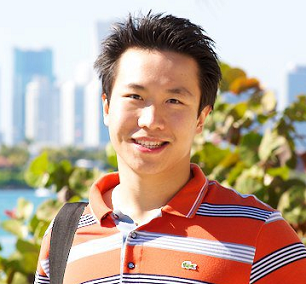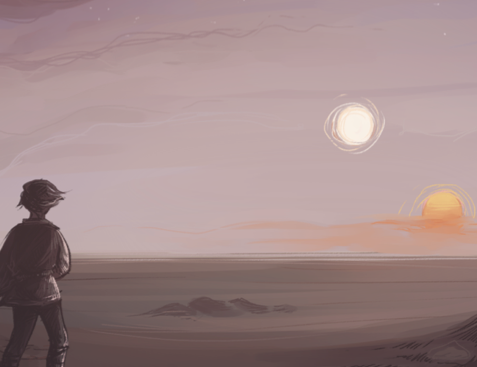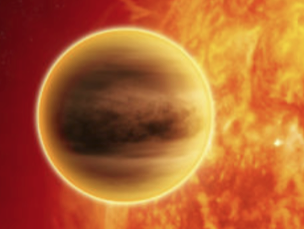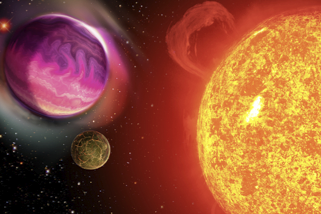
|
Ji WangHi all, I have moved to Caltech. Please visit my new webpage!Postdoctoral AssociateDepartment of Astronomy Yale University New Haven, CT 06511, USA Office:+1-203-436-8936 Fax:+1-203-432-5048 Email: ji.wang@yale.edu [Yale ExoLab] [CV] [Publications] |
|
Biography
|
|
I was born in Guilin, a beautiful small city in southeast part of China. Guilin is eight hours drive from Hong Kong, Seven hours from Vietnam. I attended the University of Science and Technology of China (USTC) in the city of Hefei, six hours drive from Shanghai and two hours from Nanjing. In 2006, I went to the University of Florida in Gainesville to pursue my passion in Astronomy. Gainesville is two hours drive from Orlando, two hours drive from Tampa and one hour and half drive from Jacksonville. I spent 6 years in Gainesville and obtained my PhD in 2012. After that, I moved to Yale University in New Haven as a postdoc. New Haven is two hours drive from New York city and two and half hours drive from Boston. All the places I have been are small. I have to tell people the distances to nearby major cities so that they know where I am. I like small places, where I can settle down and immerse myself in things I am interested in. I am interested in planets around other stars, i.e., exoplanets. The ultimate goal is to search for life on other planets, and answer the question: are we alone in the Universe. Before reaching the ultimate goal, there are many mini-steps to take to make the leap. We have to first detect as many exoplanets as possible to understand their statistics, e.g., how often they form and how often they exist in the habitable zone, where temperature and space environment are amiable to life as we know. The next thing is to launch missions to search for planets in the habitable zone. Such missions will provide a candidate list of potential habitable planets. Follow-up observations of these candidates will be conducted to search for signs of life or biomarkers. Once confirmed, the time will come for space exploration of habitable exoplanets. My research is one of the mini-steps to achieve the ambitious goal. I study planets in binary stars. Looking up in a dark night, almost half of the stars you see have at least two star components. They are binary stars, sometimes multiple stars. Planetary systems in binary stars have long been speculated, Tatooine in Star Wars is one of the examples. However, we don't know if planets in binary stars are as common as planets around single stars like our own solar system. This is a problem! For future missions in the search for planets in the habitable zone, shall we focus on single stars because we know them better? If so, we lose almost half of targets, i.e., binary stars, and thus lose 50% chance of finding a habitable planet. After all, it would be cool to find Tatooine in real life. My research focus on how often planets form in binary stars. When compared to planets in single stars, we can study the role of companion star play in planet formation. In my spare time, I like to watch sports games. American football is my favorite. I am a hardcore fan of Florida Gators and I am bleeding Orange and Blue. I like Steelers and Ravens, which is often not understood by people. However, taking away bandwagon, don't they play similar style? I like to play all kinds of sports as well, basket ball, tennis, golf, swimming, as long as you can name it. I like to workout, long-distance running is my passion. I have finished my first half marathon at Mount Dora in 2014. I would like to finish a marathon at some point in my life. |
|
|
Research Interests
|
||||||||
|
Exoplanet detection and characterization using the radial velocity technique and the transit method, high resolution imaging, spectroscopy, and interferometry, planets in multiple stellar systems and planets at wide orbits. |
||||||||
|
Experiences
|
||||||||
|
|
||||||||
|
Selected Projects
|
||||||||
| ||||||||





